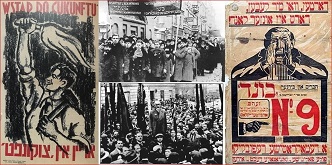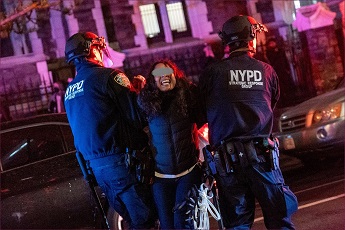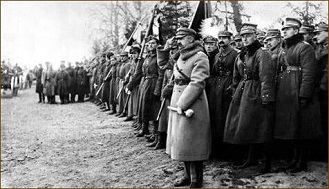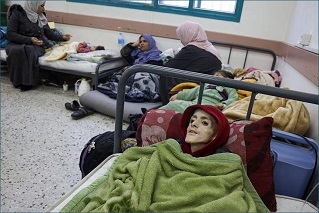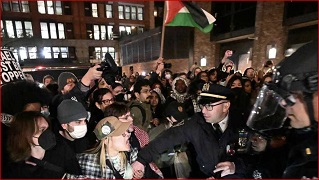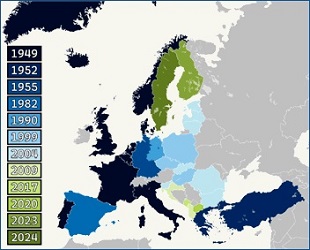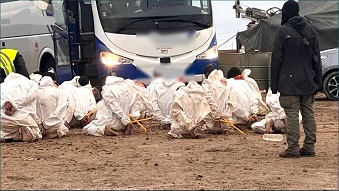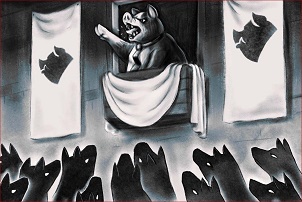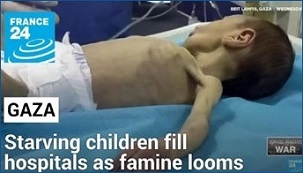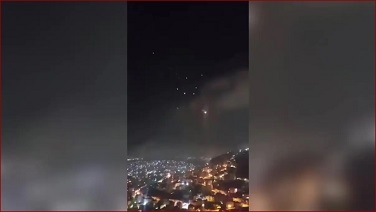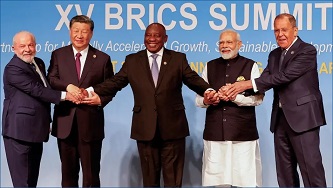Will Zionism self-destruct?
(This paper [was] the basis of a talk [...] given at the 25th
Yasin (April) International Academic Event on Economic and
Social Development, HSE University, Moscow, April 2024)
Israel's strategy from past decades will continue with its hope of achieving some Chimeric transformative "de-radicalization" of Palestinians that will make 'Israel safe'.
In the summer following Israel’s 2006 (unsuccessful) war on Hizbullah, Dick Cheney sat in his office loudly bemoaning Hizbullah’s continuing strength; and worse still, that it seemed to him that Iran had been the primary beneficiary from the U.S. 2003 Iraq war.
Cheney’s guest – the then Saudi Intelligence Chief, Prince Bandar – vigorously concurred (as chronicled by John Hannah, who participated in the meeting) and, to general surprise, Prince Bandar proclaimed that Iran yet could be cut to size: Syria was the 'weak' link between Iran and Hizbullah that could be collapsed via an Islamist insurgency, Bandar proposed. Cheney's initial skepticism turned to [enthusiasm], as Bandar said that U.S. involvement would be unnecessary: He, Prince Bandar, would orchestrate and manage the project. 'Leave it to me', he said.

























